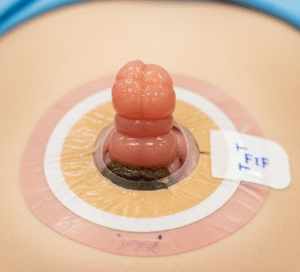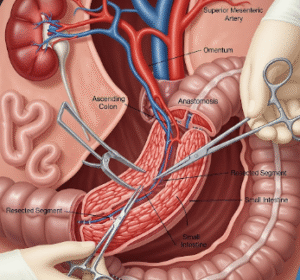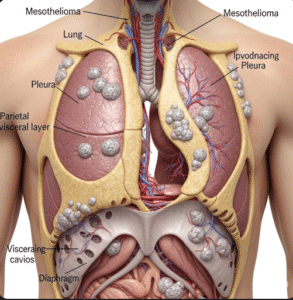Overview
Chronic Kidney Disease (CKD) is a long-term condition characterized by gradual loss of kidney function over time. In Korea, CKD is a growing public health concern due to diabetes, hypertension, and aging populations. Advanced nephrology centers offer early diagnosis, disease management, and treatment strategies to slow progression and prevent complications.
What is Chronic Kidney Disease?
CKD occurs when the kidneys are unable to filter waste and excess fluids effectively. This can lead to the accumulation of toxins in the body, electrolyte imbalances, and complications affecting the heart, bones, and blood. CKD is classified into stages 1–5 based on glomerular filtration rate (GFR), with stage 5 indicating kidney failure.
Symptoms
- Fatigue and weakness
- Swelling in the legs, ankles, or around the eyes (edema)
- Frequent urination, especially at night
- Decreased appetite, nausea, or vomiting
- Shortness of breath due to fluid overload
- Confusion or difficulty concentrating
- High blood pressure that is difficult to control
Causes
- Diabetes mellitus (most common cause)
- Hypertension (high blood pressure)
- Glomerulonephritis or other kidney inflammation
- Polycystic kidney disease and genetic kidney disorders
- Recurrent urinary tract infections or obstruction
- Long-term use of certain medications (e.g., NSAIDs)
Risk Factors
- Diabetes or high blood sugar
- Hypertension
- Family history of kidney disease
- Older age
- Cardiovascular disease
- Obesity
- Smoking and sedentary lifestyle
Complications
- Progression to kidney failure requiring dialysis or transplantation
- Cardiovascular diseases, including heart attack and stroke
- Anemia and bone mineral disorders
- Fluid and electrolyte imbalances
- Weakened immune system leading to increased infections
- Fatigue and reduced quality of life
Prevention
- Control blood sugar and blood pressure
- Maintain a healthy weight and exercise regularly
- Avoid smoking and limit alcohol consumption
- Stay hydrated and avoid unnecessary nephrotoxic drugs
- Regular kidney function tests for at-risk populations
Treatment Options in Korea
CKD management focuses on slowing disease progression, controlling complications, and improving quality of life:
- Medications:
- Antihypertensive drugs, especially ACE inhibitors or ARBs
- Blood sugar control medications for diabetics
- Medications for anemia, bone disease, or electrolyte imbalances
- Lifestyle modifications:
- Dietary management (low sodium, protein control, and balanced nutrition)
- Regular exercise and weight management
- Avoidance of nephrotoxic substances
- Advanced treatment:
- Dialysis (hemodialysis or peritoneal dialysis) for end-stage renal disease
- Kidney transplantation for eligible patients
- Specialized hospitals in Korea:
- Seoul National University Hospital Nephrology Center
- Samsung Medical Center, Asan Medical Center, Severance Hospital
- Multidisciplinary teams including nephrologists, dietitians, and rehabilitation specialists
- Follow-up care:
- Regular monitoring of kidney function and laboratory tests
- Education on lifestyle and medication adherence
- Management of cardiovascular risk factors and other comorbidities













